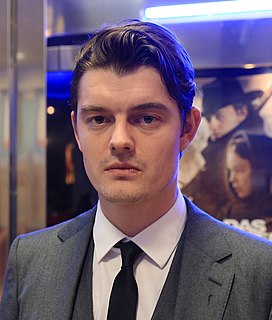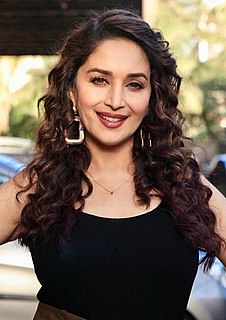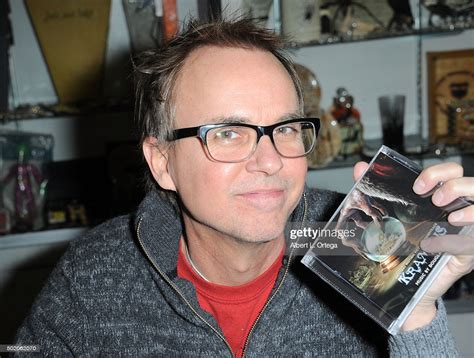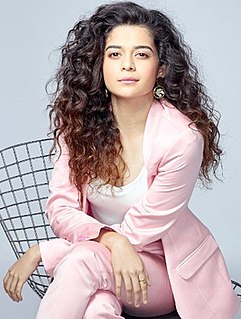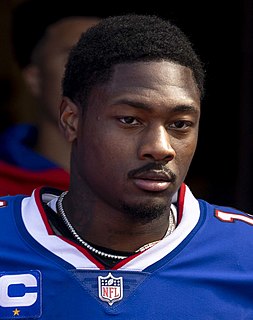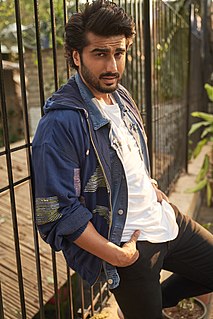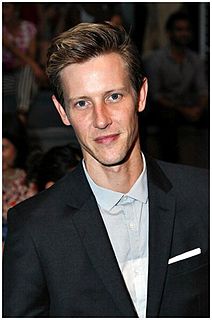A Quote by James Cromwell
I don't study films particularly. I plan to direct, but I'm not watching film - I watch the entire film to see how the story goes, but I don't say, 'Oh, so he does a slow pan here, or he pulls here, watch the crane shot, or look at the composition,' because it's got to be my eye.
Related Quotes
The film I do doesn't have to be a film that only my kids can watch. My kids will watch films, but I will decide what they watch and not. My aim is to play different characters and not be stuck in a mould. Just because you are a mom and a wife doesn't meant you have to play those roles, even in films.
The idea of watching an entire film basically from one person's perspective - and not even really from their perspective, but [it's] probably the most intimately shot film that's in any of these categories. If you're not familiar with Son of Saul, basically it's a film about a Jewish guy who's in concentration camp, but he helps dispose of the bodies after they leave the gas chamber. So, you watch the entire movie looking at Saul's face and looking at his interactions with people.
I was playing in a band and was approached to score an independent film. I had never done it, but had written instrumental music, so I figured I could do it. Turns out I loved scoring the film, and took on another couple films before realizing that if I was to be an effective narrative composer, I should study the craft of composition. I stopped taking projects and got a degree in orchestral music composition, and followed that with film scoring studies. Near the end of my degree studies, I started taking on student films as a way to get back into film scoring.
I'm watching the show and I'm watching the audience watch the show. Because once you leave the rehearsal room, you have space and you can see it. You can watch them watch it. You can't see your work, really, until you're in the theater. You have no perspective. That's not part of my job, to go, "Oh my God, they're so brilliant." I'm not required to swoon.
The main objective of our cinema is to entertain. If you can pass on a message at the same time, that is fantastic, but if the audience does not feel they are going to be entertained by the film, they are not going to watch it. There are many examples of very responsible and great films that are being made, but nobody goes to watch them.
I know when I watch a film at this point, if I completely lose myself in the characters and the story and the world of the film I know that it's at least in my opinion, that was great. Otherwise I'm thinking: "Oh I know they were just doing A, B and C, right before they walked into the scene, then the camera was there, then they probably took the shot from this reverse close-up and moved it into this." When all of that drops away then I'm like: "Okay this was phenomenal, this was fantastic." I mean, any film or TV performance in general is probably good.



